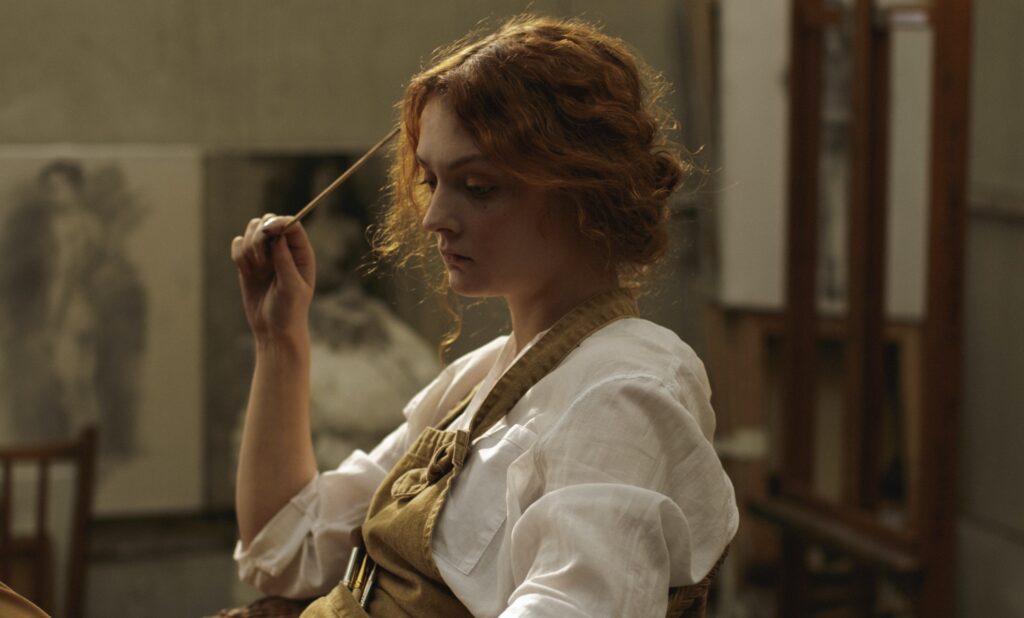Creativity brings out the Imposter Syndrome in us!

It hides in the shadow as we go through life, until it steps out and accosts us. I’m talking about the Imposter Syndrome – latent until triggered. Unknowingly, I’ve experienced Imposter Syndrome – the feeling of not being good enough or even feeling like a fake and fraud – most of my life. In my twenties, I created leather clothing, stained glass artifacts and photographic art on commission and to sell at Crafts fairs. I loved the creative process. I did not love the sales side. Even with commissioned work, I felt sheer panic when the person who had commissioned the piece saw it for the first time. What if they hated it?! That feeling was nothing compared to the sheer nakedness I felt when people walked by my table at the Arts Fair, totally avoiding eye contact, picking up and putting down items that I’d spent hours on and talking about them as if I wasn’t there. I learned the incredible discomfort of creativity. Was my work good enough? Could they see flaws? Had they seen someone else’s work that was so much better? Could I have done a much better job? Did they appreciate my style or consider me an amateur? Not terribly useful thoughts and as I learned over the intervening years, very typical for someone in a creative endeavour. I was experiencing what I have now come to know as the Imposter Syndrome. What activates the Imposter Syndrome is an external situation that triggers a feeling of vulnerability and personal uncertainty around our worth, our capabilities, our successes and how we compare with others. Nowhere is that uncertainty and vulnerability more present than when we put ourselves out there in some creative endeavour. It may be the job we do, such as writing, creating art, writing code as a programmer. It could be the tasks we’re involved with such as brainstorming, curating or writing for social media, participating in or leading change programmes, presenting or managing others. Whatever the situation, we are exposed by putting ourselves or our creative ideas out there for others to gauge their worth. And that’s when it strikes … that feeling of being a fake and fraud; the vulnerability that accompanies the fear of being judged and rejected. Looking back on my career in advertising, I now understand the creative team so much better. What I mistook for bolshie behaviour and arrogance may well have been their defensiveness as a relatively inexperienced account service person trampled all over their egos. Creativity is so much broader than sitting at a canvas or typewriter. It is the generation of original ideas or the use of imagination to create something; it’s about being inventive. For example, in management meetings, the creativity is around taking a project forward or addressing problems that threaten to derail it. Sadly, this isn’t always the case. A recent HBR Blog, “Politeness has a cost”, expresses concern that managers, particularly younger managers, often do not contribute in group settings. They don’t disagree or speak out for fear of embarrassing a colleague or appearing not to be a team player. I have another theory: they recognise the importance of meetings to position themselves for career opportunities and don’t want to jeopardise those opportunities by expressing a view that may be contrary to consensus, leaving them open for judgement and rejection. We can choose to play small when we experience feelings of not being good enough. Alternatively, we can move through that feeling, recognising it as a key part of the creative process. While the outcome is a product of our thoughts, insights, and industry, it needs to have a life of its own once created. We gave it birth and we now need to let it fly to whatever heights it can. After all, without creativity, we live in a drab world.
